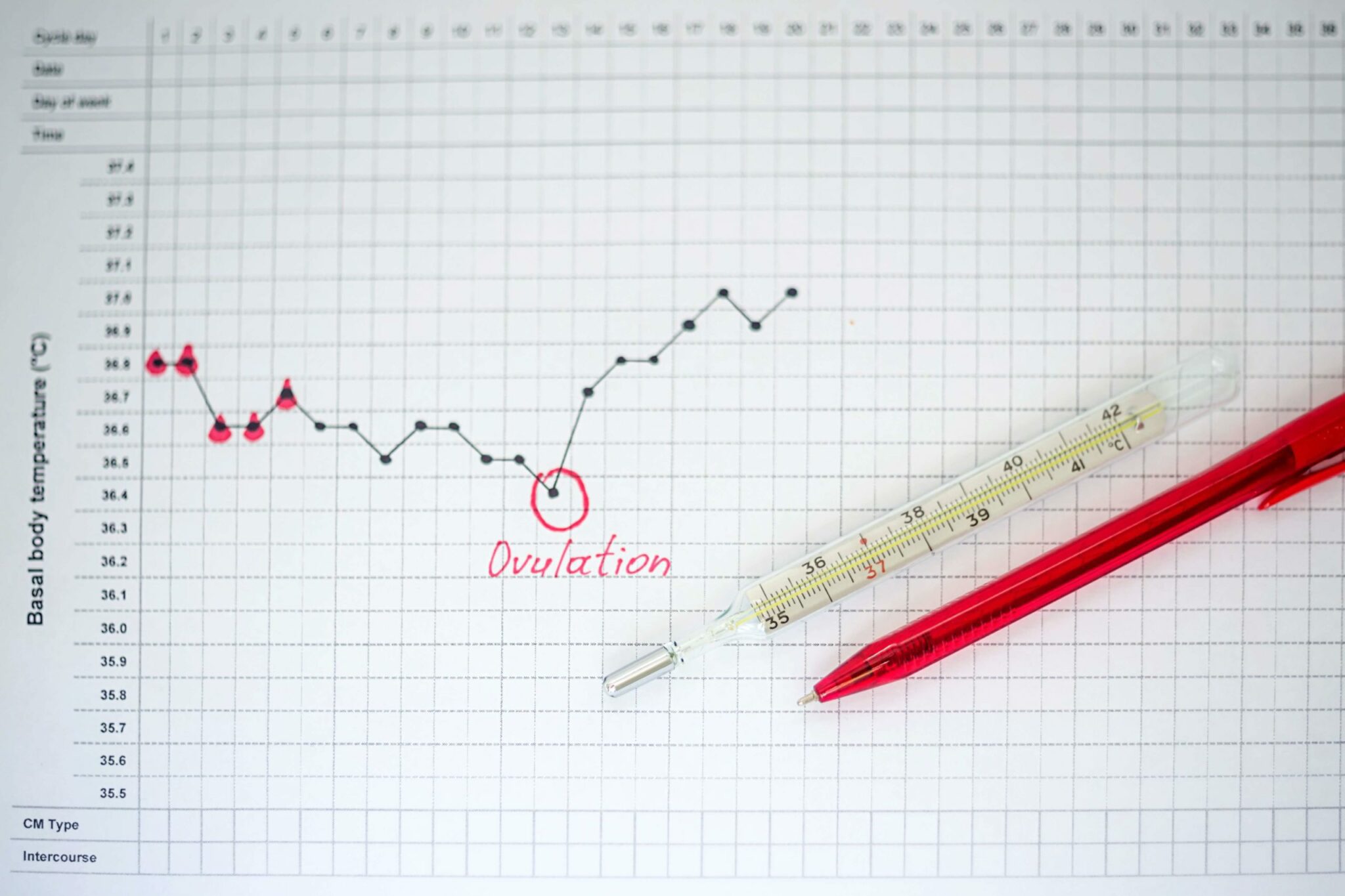Do Fertility Diets Work?


Research shows that about 10 percent of women struggle with infertility. And while many will turn to science to help them have a baby, some researchers believe that changing your diet and eating certain foods—whole grains, healthy fats, protein, and even the occasional bowl of ice cream—just might boost your chances of conceiving.
Harvard researchers Jorge E. Chavarro, MD, and Walter C. Willett, MD, developed one such plan in \”The Fertility Diet,\” which comes from an eight-year study of more than 18,000 women. They found that eating certain foods and eliminating others can improve ovulation and fertility, as well as offer a healthy start to a pregnancy. Some of the suggestions include:
Avoid trans fats. This type of fat has been shown to increase inflammation throughout the body.
Use more unsaturated vegetable oils. Monounsaturated and polyunsaturated fats help improve the body\’s sensitivity to insulin and cool inflammation, two factors that are good for fertility.
Turn to vegetable protein. Replacing a serving of meat each day with beans, peas, soybeans or tofu, or nuts can improve fertility.
Choose slow carbs. Choosing slowly digested carbs rich in fiber, like whole grains, vegetables, whole fruits, and beans, can improve fertility by controlling blood sugar and insulin levels.
Make it whole milk. Skim milk appears to promote infertility.
Get plenty of iron from plants. Extra iron from plants, including whole-grain cereals, spinach, beans, pumpkin, tomatoes, and beets, appears to promote fertility.
Decrease caffeine intake. Experts say that drinking more than five cups of coffee a day—the equivalent of about 500 milligrams of caffeine—is associated with lower fertility. If you cannot give up all caffeine, try to stay under 200-250 milligrams of caffeine.
In addition, a new study by the Delaware Institute for Reproductive Medicine found that women who ate a diet rich in protein and low in carbohydrates during in vitro fertilization had higher pregnancy rates than those whose ratio of protein to carbs was the opposite.
“Protein is essential for good quality embryos and better egg quality,” said study researcher Dr. Jeffrey Russell. Patients whose protein intake represented 25 percent or more of their daily diet, and whose carbohydrate intake was 40 percent or less, had pregnancy rates four times higher than those who ate less protein and more carbs while undergoing in vitro fertilization.
But does it really work?
Experts are quick to point out that dietary changes won\’t work for infertility due to physical impediments like blocked fallopian tubes, uterine malformations or with women who experience recurrent pregnancy losses and cannot guarantee pregnancy. But there is no downside to eating healthier—it has no side effects and will set the stage for a healthy pregnancy should you conceive.
Has your family struggled with infertility? Share your experiences in the Bundoo Community.
Sources:
- Harvard Mental Health Letter. Follow the Fertility Diet?
The American Congress of Obstetricians and Gynecologists. High Protein, Low Carb Diets Greatly Improve Fertility.
Powered by Bundoo®










































